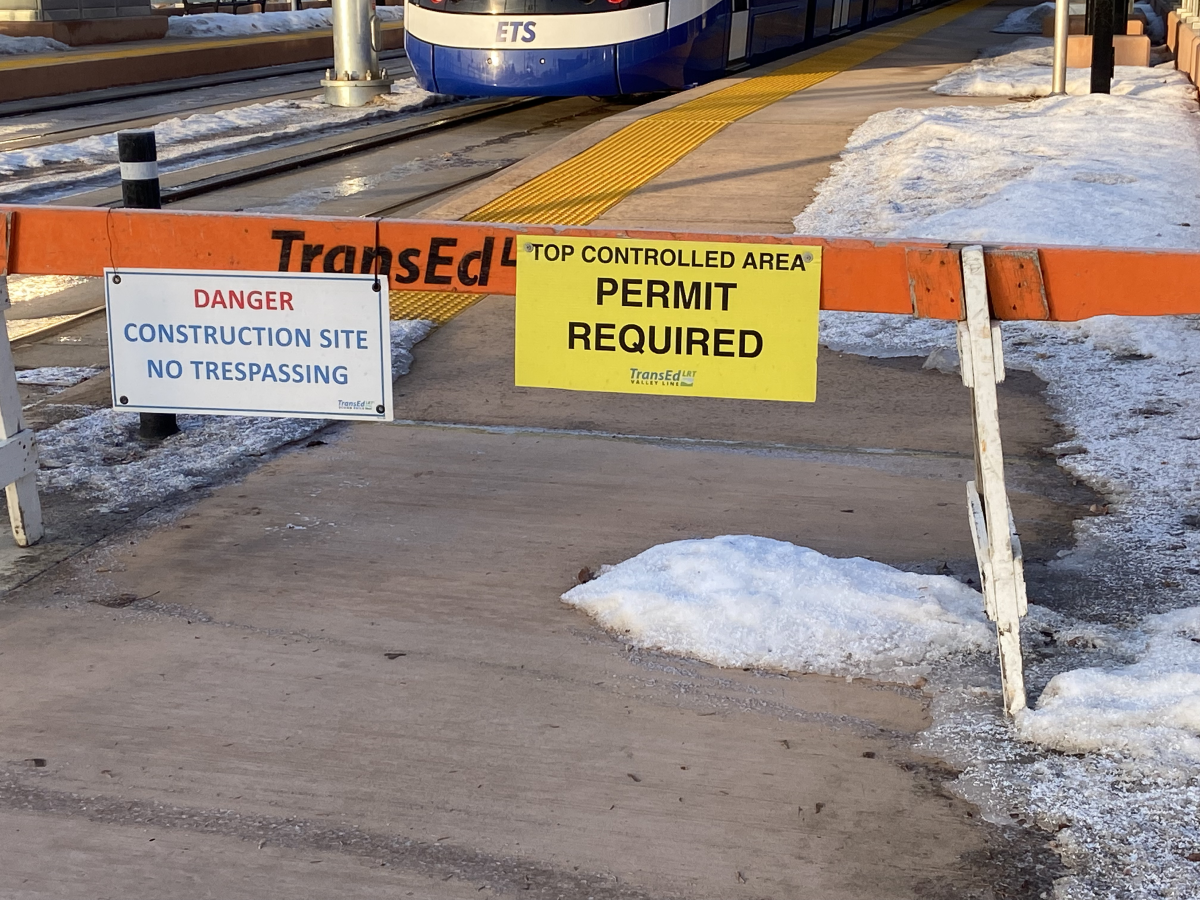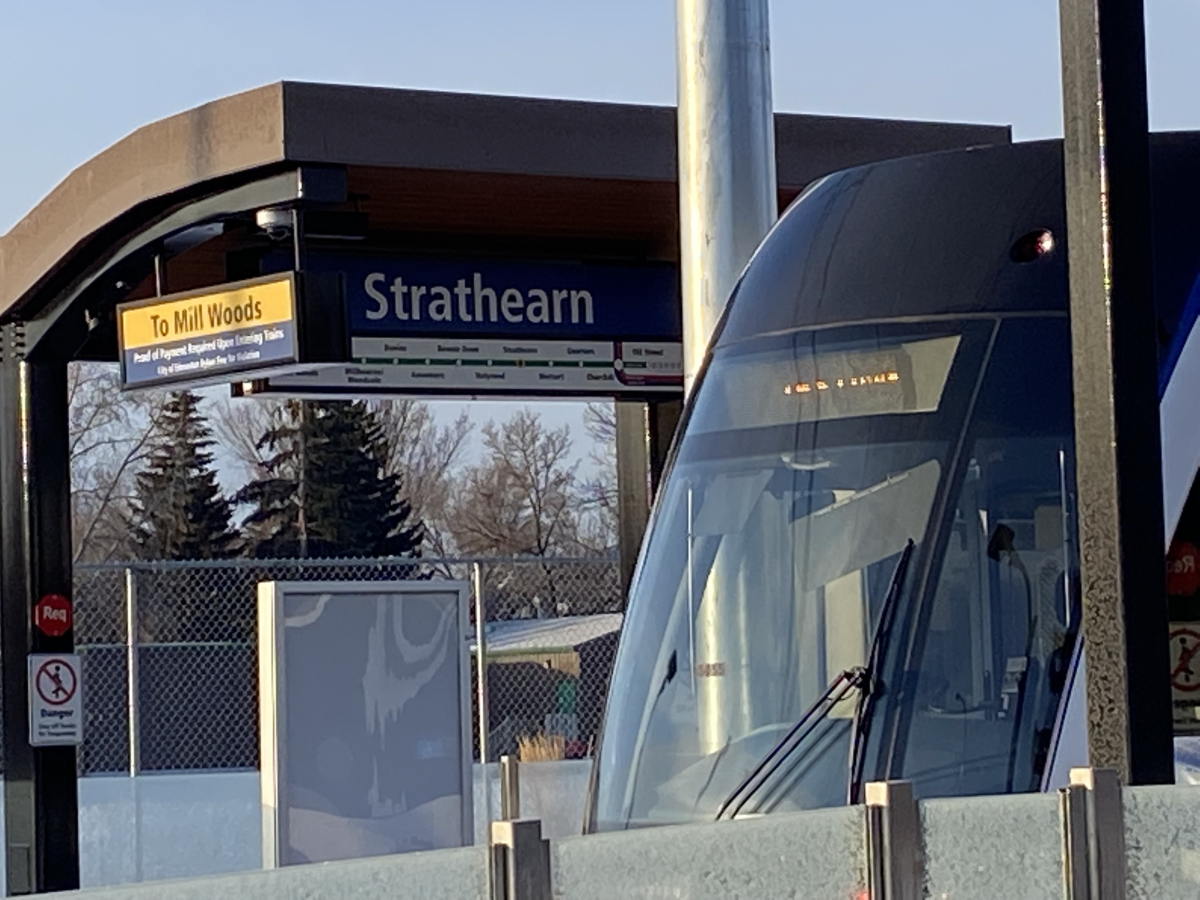The Valley Line LRT. In 2013, at the time of conception, many thought it would be the pinnacle of 21st-century public transit. Ten years later, how does this hold up? What happened? And why am I still staring at an empty train station?

I live beside the new Strathearn Station of the Valley Line. When I moved last summer, it was a precise and tactical decision to be closer to this city’s new and exciting transit projects. However, in September, the company announced a delay due to cracks in the pillars holding up the elevated section of the line. The dramatic epitome of the seemingly cursed construction project.
Three delays. 1.8 billion dollars. 13 kilometres of track collecting rust day after day. All of it is unusable for thousands of Edmontonians like me every day. But why did we get here? And how do we fix it?
The City of Edmonton partnered with TransEd to design, build and operate the new line using P3, a public-private partnership. The province already has some P3 projects currently in place, notably with some schools. Many like this idea, as it sheds the pressure put on the taxpayer. However, the Valley Line LRT is a perfect, cruel example of why this sort of funding can be risky and impractical. The original LRT was built using tax dollars with a budget of 370 million dollars today. It took four years until the line began its first trip in 1978. Those original tracks, albeit with some renovations, are still the foundation of Edmonton’s rapid rail transit.

TransEd said it would also take four years to construct the Valley Line, but now, six years later, I’m hoping the empty train station outside my apartment will fill up soon.

